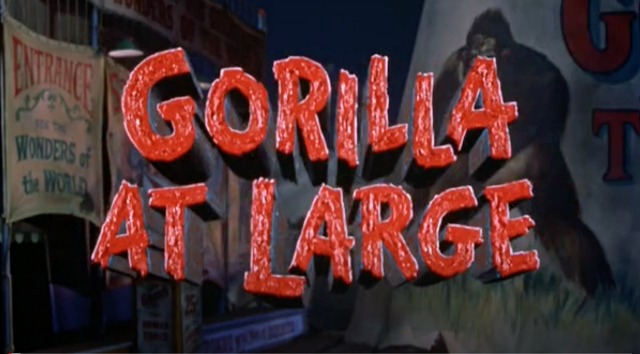The curiously hilarious Fred Willard has passed at age 86. Hugs and condolences to Willard’s family, friends, colleagues and fans.
I realize I’m obliged to highlight his Christopher Guest collaborations — A Mighty Wind, Best in Show, Waiting for Guffman, This Is Spinal Tap (directed by Rob Reiner) and For Your Consideration. But the Willard performance that tickled me the most was the Mr. Chompers producer in Permanent Midnight (’98), an arresting dark dramedy based on the same-titled Jerry Stahl autobiography (opiate addiction + Hollywood screenwriting).
The principal auteurs of Permanent Midnight were director-writer David Veloz, Stahl, Ben Stiller and producers Don Murphy and Jane Hamsher. The costars were Elizabeth Hurley, Maria Bello, Owen Wilson, Cheryl Ladd, Peter Greene and Janeane Garofalo.
Willard to Stiller: “Here’s a piece of shit, Jerry…I wrote and rewrote it but it ain’t workin’. If you can make it work, you’re on…okay?”
Stiller played Stahl. I was with People magazine when Permanent Midnight was in post-production, and at one point I’d been told that in order to lose weight Stiller had submitted to Dick Gregory’s Bahamian Diet, a nutritional powder that junkies have used for sustenance because it provides all the nutritional basics. Stiller’s reps somehow decided that this would cast a negative light upon his reputation, and I remember being poked and grilled for looking into this. They were alarmed by the term “junkie diet.” I thought it was admirable that Stiller was serious about losing weight and adopting the Gregory method, etc. Hollywood people can be so touchy, so weird.







